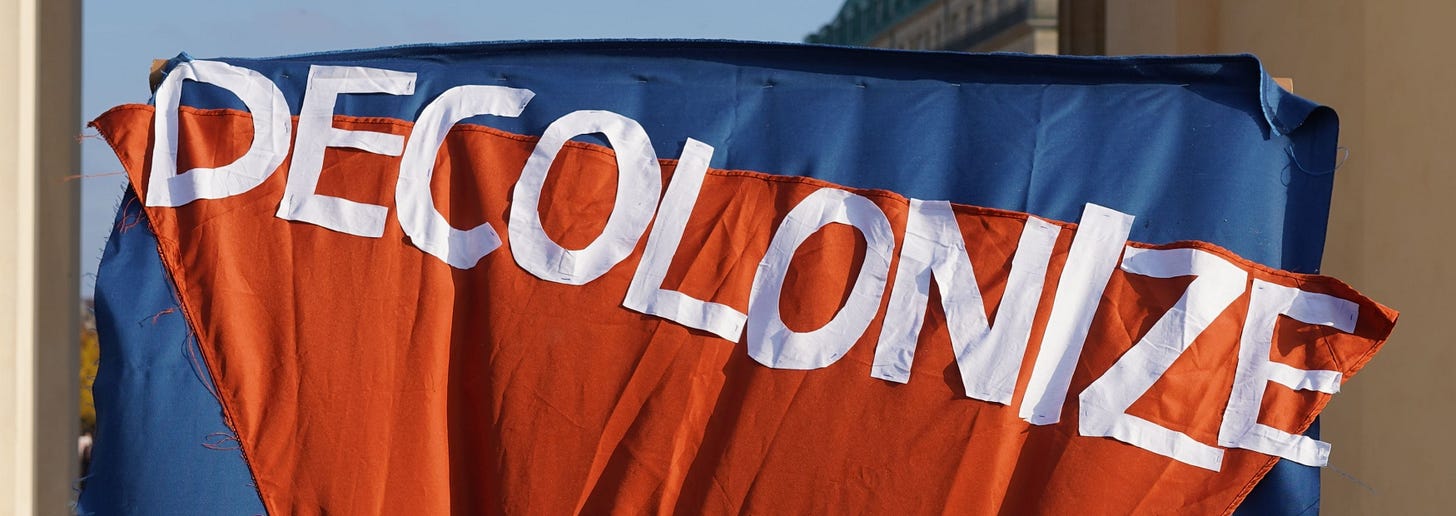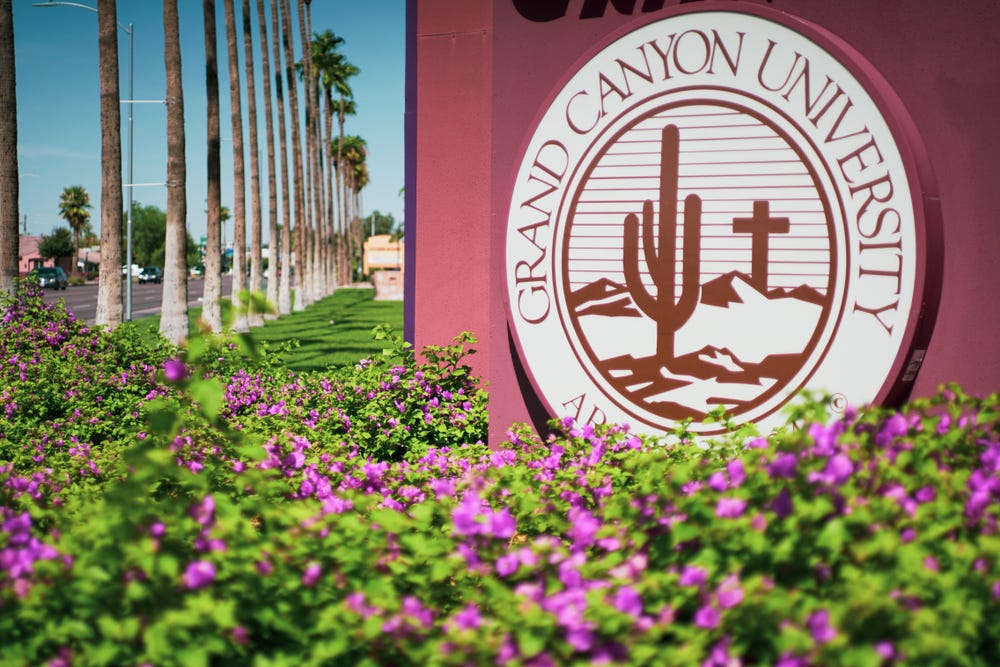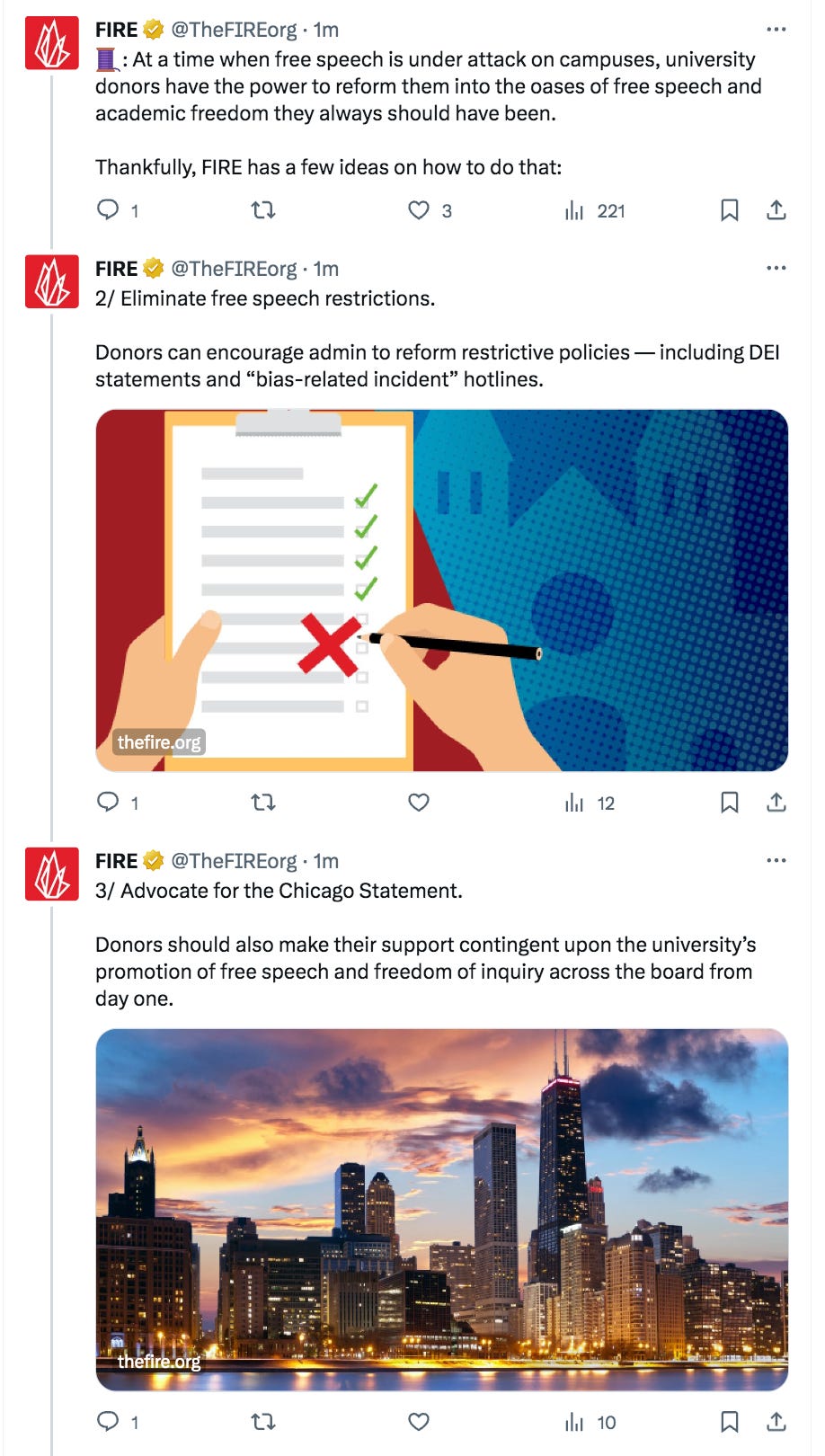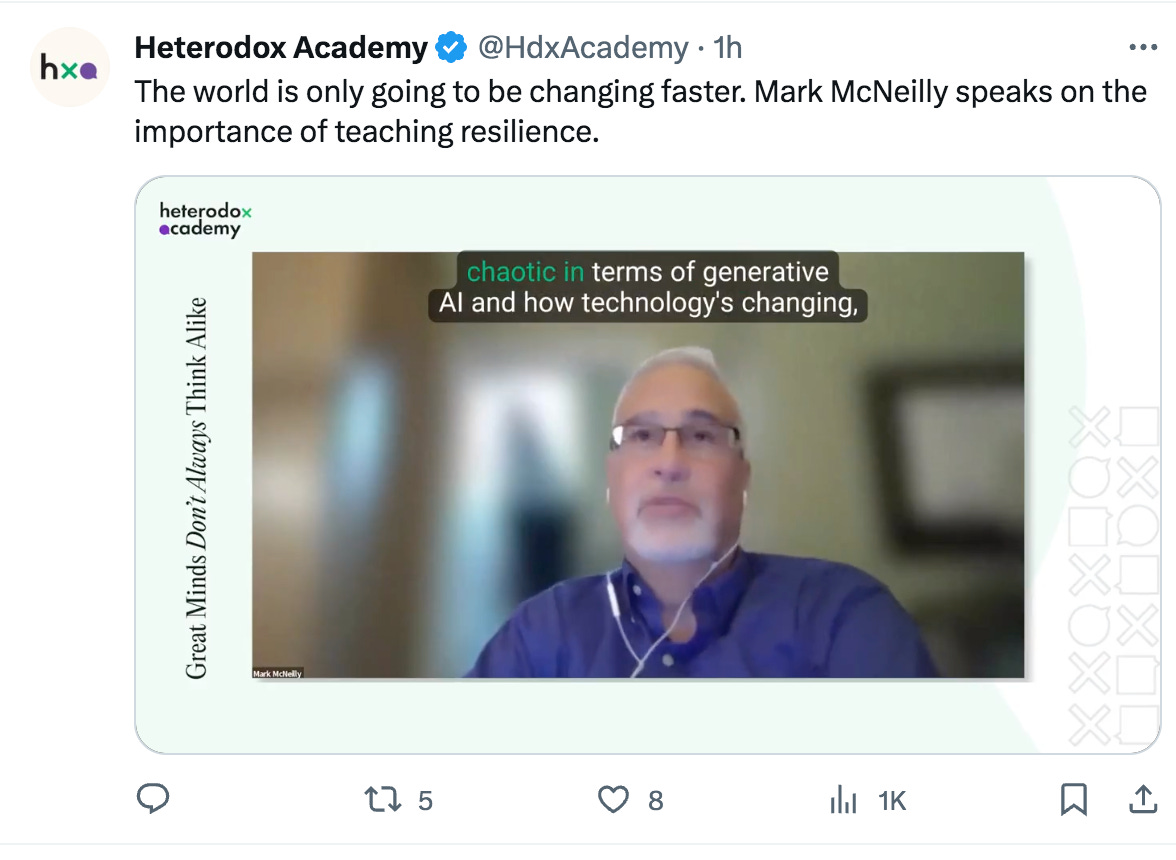E-Pluribus | October 30, 2023
Debunking "decolonization"; too fringe for the Fringe; and persecution by regulation.
A round-up of the latest and best musings on the rise of illiberalism in the public discourse:
Simon Sebag Montefiore: The Decolonization Narrative Is Dangerous and False
In recent weeks, many leftist commentators have cited “decolonization” to defend the Hamas atrocities in Israel. Writing at The Atlantic, Simon Sebag Montefiore argues there is dangerous, willful ignorance at work in those making this argument.
I always wondered about the leftist intellectuals who supported Stalin, and those aristocratic sympathizers and peace activists who excused Hitler. Today’s Hamas apologists and atrocity-deniers, with their robotic denunciations of “settler-colonialism,” belong to the same tradition but worse: They have abundant evidence of the slaughter of old people, teenagers, and children, but unlike those fools of the 1930s, who slowly came around to the truth, they have not changed their views an iota. The lack of decency and respect for human life is astonishing: Almost instantly after the Hamas attack, a legion of people emerged who downplayed the slaughter, or denied actual atrocities had even happened, as if Hamas had just carried out a traditional military operation against soldiers. October 7 deniers, like Holocaust deniers, exist in an especially dark place.
The decolonization narrative has dehumanized Israelis to the extent that otherwise rational people excuse, deny, or support barbarity. It holds that Israel is an “imperialist-colonialist” force, that Israelis are “settler-colonialists,” and that Palestinians have a right to eliminate their oppressors. (On October 7, we all learned what that meant.) It casts Israelis as “white” or “white-adjacent” and Palestinians as “people of color.”
This ideology, powerful in the academy but long overdue for serious challenge, is a toxic, historically nonsensical mix of Marxist theory, Soviet propaganda, and traditional anti-Semitism from the Middle Ages and the 19th century. But its current engine is the new identity analysis, which sees history through a concept of race that derives from the American experience. The argument is that it is almost impossible for the “oppressed” to be themselves racist, just as it is impossible for an “oppressor” to be the subject of racism. Jews therefore cannot suffer racism, because they are regarded as “white” and “privileged”; although they cannot be victims, they can and do exploit other, less privileged people, in the West through the sins of “exploitative capitalism” and in the Middle East through “colonialism.”
This leftist analysis, with its hierarchy of oppressed identities—and intimidating jargon, a clue to its lack of factual rigor—has in many parts of the academy and media replaced traditional universalist leftist values, including internationalist standards of decency and respect for human life and the safety of innocent civilians. When this clumsy analysis collides with the realities of the Middle East, it loses all touch with historical facts.
Read it all here.
Bryony Dixon: Betraying Their Maverick Roots, Fringe Festivals Have Become Ideological Gatekeepers
When the “fringe” goes mainstream, the new fringe isn’t as worthy of respect and protection as the old fringe. At Quillette, Bryony Dixon says she learned this the hard way when the organization she was part of began to put “audience safety” (“the invented sense of being ‘safe’ from exposure to opinions one disagrees with,” in her words) above the artistic freedom of expression on which the group was founded.
[T]he Fringe [Festival] was conceived as a sort of Salon des Refusés for actors and dramatists. Indeed, the word “fringe” was originally used in its geographical sense, because these performers were literally performing “round the fringe of official [International] Festival drama.”
[. . .]
As a descendant of the Edinburgh Festival Fringe Society, [the Canadian Association of Fringe Festivals] once boasted of an edgy approach to art, assuring members that it wanted “no part in vetting the festival’s programme.” Gatekeeping was to be avoided, and censorship was a dirty word—until, that is, the recent imposition of top-down bureaucratic interventions in the name of maintaining a “safe space.”
[. . .]
Putting aside the rights and wrongs of the gender debate, cancelling performers on the basis of their views on this issue represents a betrayal of the Fringe movement’s original ethos. This is something I have said publicly—which is why CAFF suspended my festival’s membership in September 2023. In CAFF’s announcement, the organization’s leaders suggested, without naming me, that my views are “transphobic.” CAFF also repeated the canard that airing heterodox views on gender serves to compromise the “safety” of “trans, two-spirit, and non-binary” people.
The controversy, such as it was, began with my sharing of a Guardian article, titled “Trans woman guilty of raping two women remanded in female prison in Scotland,” on my personal Facebook page. Unbeknownst to me, the article had already stoked the flames of outrage among a small but vocal online activist community in Nanaimo.
I then received a direct message from one of the ring-leaders, wishing me misery for my beliefs. Ironically, this was a person whom I’d presented in a virtual show titled Gender Sucks in 2020, as we then operated one of the few Fringe festivals still finding ways to platform artists at the height of the pandemic. (As the expression goes, no good deed goes unpunished.) Incriminating screenshots were attached to complaint letters sent to my organization, as well as to theatre-related Facebook groups in Victoria and Vancouver.
[. . .]
[T]he campaign against me worked, as I was forced to take a leave of absence from the Nanaimo Fringe Festival. That led to public gloating from my critics. This is what counts as a triumph in their lives: An immigrant single mother losing her livelihood because she believes in artistic freedom, freedom of speech, biological reality, and women’s rights.
[. . .]
[E]ventually, I stepped aside on a permanent basis. Like most small, not-for-profit organisations, the Nanaimo Fringe Festival doesn’t have the resources to weather a sustained cancellation campaign. And, understandably, few of my colleagues wanted to be targeted by a wave of guilt-by-association smears.
Read the whole thing.
Wall Street Journal Editorial Board: Biden’s Regulators Gang Up on a Christian College
Violations of religious freedom in modern America often take on subtler forms than the attacks our forefathers resisted. The editorial board of The Wall Street Journal doesn’t find the Biden Administration’s recent actions against a Christian college in Arizona any less pernicious despite its understated, backdoor methods.
Grand Canyon University, America’s largest Christian college, has kept tuition flat for 15 years while prices are up nearly 70% on average at other colleges. So why is the Biden Administration waging a regulatory assault against the college?
[. . .]
The Administration’s beef isn’t with GCU’s student outcomes, but its tax status. The college is organized as a 501(c)(3) nonprofit, as recognized by the Internal Revenue Service, the state of Arizona and its accreditor, the Higher Learning Commission. Yet the Education Department claims it is really a for-profit school because it uses an affiliated publicly traded company for marketing.
For-profit schools are subject to more regulation than nonprofits, including the department’s gainful employment rule. In October 2021, Rohit Chopra, then at the Federal Trade Commission, announced the agency would be “enhancing its enforcement cooperation” with other federal agencies against for-profit colleges. Regulators soon began harassing GCU.
GCU reports that the FTC has opened an investigation into its for-profit affiliate’s recruiting tactics and phone calls to prospective students who express interest in its programs. Such phone calls are “not uncommon in higher education, but we are not aware of another nonprofit university that has been subject to this type of review,” GCU says.
The AZ Veterans Services State Approving Agency, which oversees veterans education benefits for the U.S. Department of Veterans Affairs, this year deemed statements in GCU’s advertising that “cybersecurity experts are in high demand” and “every company needs cybersecurity” to be “erroneous, deceptive or misleading.” Both GCU statements are obviously true.
Now comes the Education Department, which claims GCU made a “substantial representation” in its tuition disclosures by omitting the cost of courses that doctoral students take while completing their dissertations. This charge appears to be false, and federal courts dismissed similar claims by a plaintiff. Doctoral students comprise fewer than 5% of GCU’s enrollment in any case.
Read it all.
Around Twitter (X)
A timely thread from the Foundation for Individual Rights and Expression on campus free speech:
Here’s Yale University’s Daily News with a mind-boggling “correction”:
And finally, “safe spaces” won’t cut it. A short video from Heterodox Academy on the importance of resilience (click for video).










